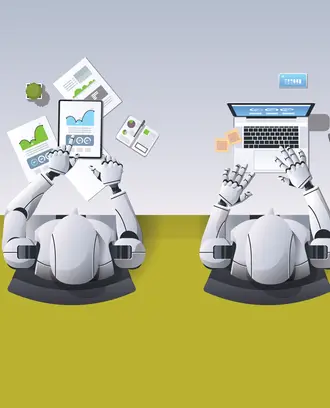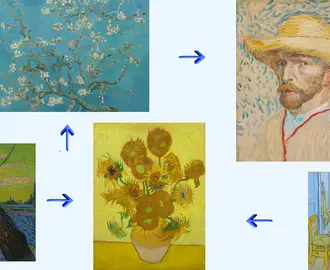Research
2 MIT Sloan professors named to top-40-under-40 list for 2024
These young professors research what drives innovation for social good and the complexities of decision-making.
MIT Sloan professors and have been named as among the top business school professors under 40 years old.
They were selected for Poets&Quants’ latest Best 40-Under-40 MBA Professors list, which is released annually in recognition of talented young professors teaching in MBA programs. The honorees are chosen based on the quality of their teaching and research.
Here’s a closer look at the two MIT Sloan honorees and their work.
Jacquelyn Pless: the economics of environmental innovation
Pless is an assistant professor of technological innovation, entrepreneurship, and strategic management at MIT Sloan. She joined the faculty in 2019. Her research focuses on the economics of innovation, energy and environmental economics, and public economics, and she teaches a course in innovation strategy. Specifically, she explores what drives innovation for social progress, with a focus on energy and environmental innovation. One of her research studies looked at the nuances of subsidy programs for solar panels in California.
Further reading: In a paper for Nature Energy, Pless and her co-authors identified five key challenges to evaluating energy innovation policies and programs, including the primary challenge of quantifying how much innovation can be attributed directly to a program or policy as opposed to other factors.
Rahul Bhui: theories of decision-making
Bhui, who joined the faculty in 2020, is an assistant professor of marketing at MIT Sloan and a faculty affiliate of the MIT Institute for Data, Systems, and Society. His research combines cognitive science, computational neuroscience, and behavioral economics, and he aims to find deep unifying principles that explain both rationality and irrationality. He develops and tests theories of decision-making, and his recent work includes research on investing errors and how exposure to blatant falsehoods increases belief in news that is merely implausible.
Further reading: In a recent paper, Bhui and his co-authors found that people are more likely to support sustainable infrastructure when shown images created by artificial intelligence of what less car-centric cities might look like.




